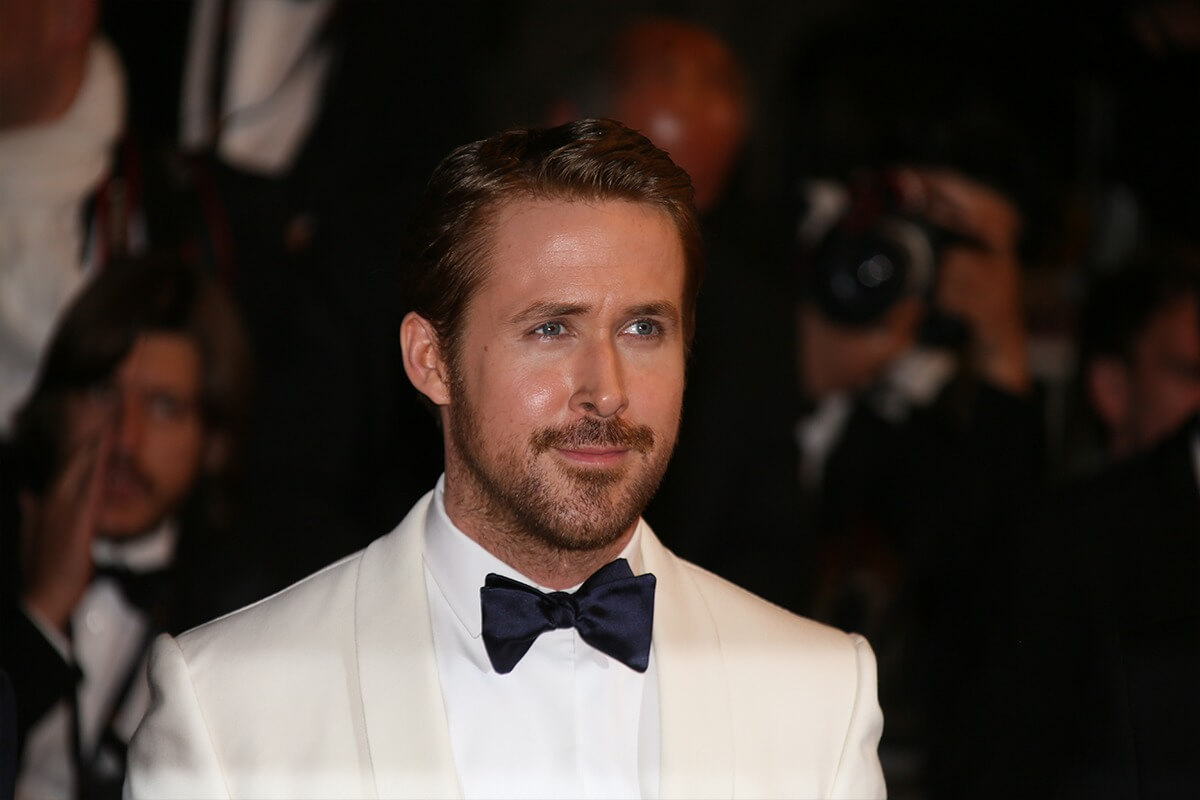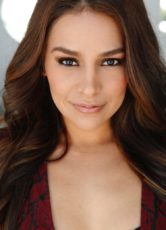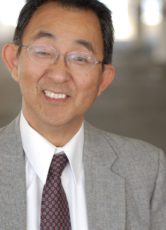
“Act the part and you will become the part.”
–the late 19th-century philosopher and psychologist William James
Acting is a mysterious art form. When actors try to define the craft of acting, expect creative and abstract descriptions that are unique to their personal experiences. The same is true when thespians are asked to explain the difference between themselves and the characters they portray.
It can sometimes be hard to tell where actors draw the line between who they are and the personalities they inhabit on stage or screen. Here are some actors’ attempts at making the distinction.
Insights: Tips for Juggling the Self and Character
– Understand that acting involves discovering and expressing parts of yourself within the character rather than becoming someone completely different.
– Use empathy to genuinely connect with the character’s emotions and experiences to bring authenticity to your performance.
– Develop awareness to separate your own feelings from the character’s, especially during intense emotional scenes, to maintain your personal well-being.
Want to land your next great acting role? Sign up or log in to Casting Frontier and start auditioning today!
Ryan Gosling
“All my characters are me … I relate to these characters because aspects of their personality are like me. And I just turn up the parts of myself that are them and turn down the parts that aren’t.”
Willem Dafoe
“I never act. I simply bring out the real animal that’s in me.”
Meryl Streep
“Acting is not about being someone different. It’s finding the similarity in what is apparently different, then finding myself in there.”
Christian Bale
“It’s got to do with putting yourself in other people’s shoes and seeing how far you can come to truly understand them. I like the empathy that comes with acting.”
Johnny Depp
“With any part you play, there is a certain amount of yourself in it. There has to be, otherwise it’s just not acting. It’s lying.”
Ian McKellen
“Acting is a very personal process. It has to do with expressing your own personality, and discovering the character you’re playing through your own experience—so we’re all different.”
Clark Gable
“I’m no actor. I never have been. What you see on the screen is me.”
Robert Downey Jr.
“I know very little about acting. I’m just an incredibly gifted faker.”
Leonardo DiCaprio
“The best thing about acting is that I get to lose myself in another character and actually get paid for it. As for myself, I’m not really sure who I am. I change every day.” He also said, “Don’t think for a moment that I’m really like any of the characters I’ve played. I’m not. That’s why it’s called ‘acting.’”
Salma Hayek
“How I would describe my characters is absolutely different from how I would describe myself.”
Sir Anthony Hopkins
“The art of acting is not to act. Once you show them more, what you show them, in fact, is bad acting.”
Maggie Gyllenhaal
“Acting is a form of self-expression. It’s not becoming someone else, and it’s not playing make believe; it’s about using the fiction of being someone else to express something about yourself.”
Jim Carrey
“When you create yourself to make it, you’re going to have to either let that creation go and take a chance on being loved or hated for who you really are. Or you’re gonna have to kill who you really are and fall into your grave grasping onto a character that you never were.”
Julie Benz
“You don’t realize how much a part of your character is part of yourself until you are no longer playing that character.”
Daniel Day-Lewis
“The last day of shooting is surreal. Your mind, your body, your spirit are not prepared to accept that this is coming to an end. You’ve devoted so much of your time to unleashing, in an unconscious way, some sort of spiritual turmoil, and even if it’s uncomfortable, no part of you wishes to leave that character behind. The sense of bereavement is such that it can take years before you can put it to rest.”
Asa Butterfield
“I think it’s always difficult, no matter how similar your characters are to yourself, to get into that mindset, because however much they are similar to you, they’re not you.”
Anya Taylor-Joy
“It was a wonderful experience as an actor to not have to reach for any emotion [in “The Queen’s Gambit”], but then you have to go through the psychological, like, warfare figuring out, ‘Why do I feel so awful this morning? What is happening?’ And then you go, ‘Oh, it’s not my feelings. I just have to sit in them all day. And I have to be aware enough to go, ‘You are not depressed. The character is depressed. And at some point that will leave you.’”
Final Takeaways
Acting remains a deeply personal and often elusive art, with each actor bringing their own unique approach to the craft. Through their reflections, we see a common theme: the blending of self and character, where the line between the two is fluid and subjective. Here are some key insights from a range of renowned actors on what it truly means to act.
- Many actors believe that parts of themselves naturally live within every character they portray.
- Acting is less about pretending and more about revealing genuine emotions and traits already present inside.
- Empathy plays a crucial role in understanding and embodying a character’s mindset.
- The process can be emotionally taxing, requiring actors to carefully separate their own feelings from those of their roles.
- For some, acting is an ongoing journey of self-discovery rather than simply becoming someone else.
You may also like:
- Commercial Acting: 7 Tips to Keep it Professional on Set
- Flawless Virtual Audition Tips
Dan Hubbard Discusses What it’s Like to Work With Guy Ritchie, Growing Up in Casting
Written by Casting Frontier




